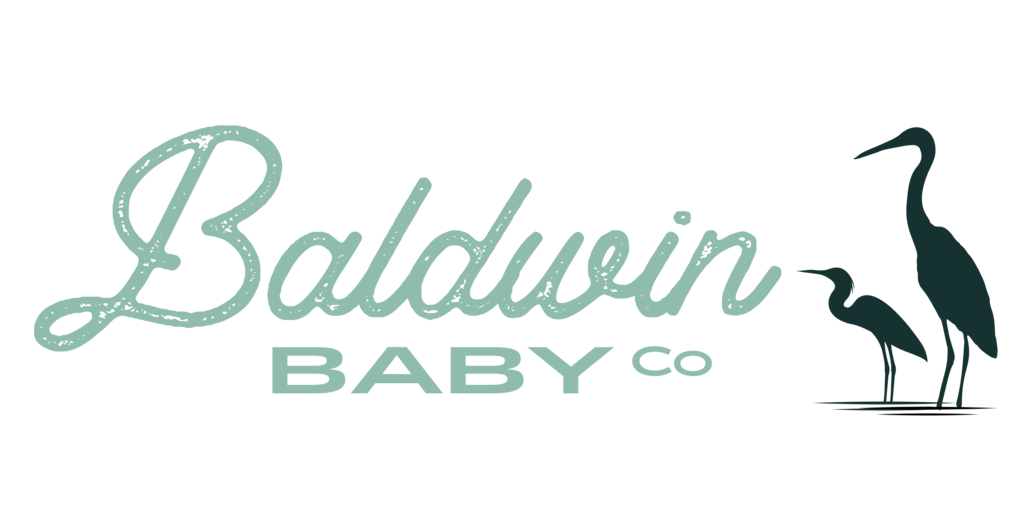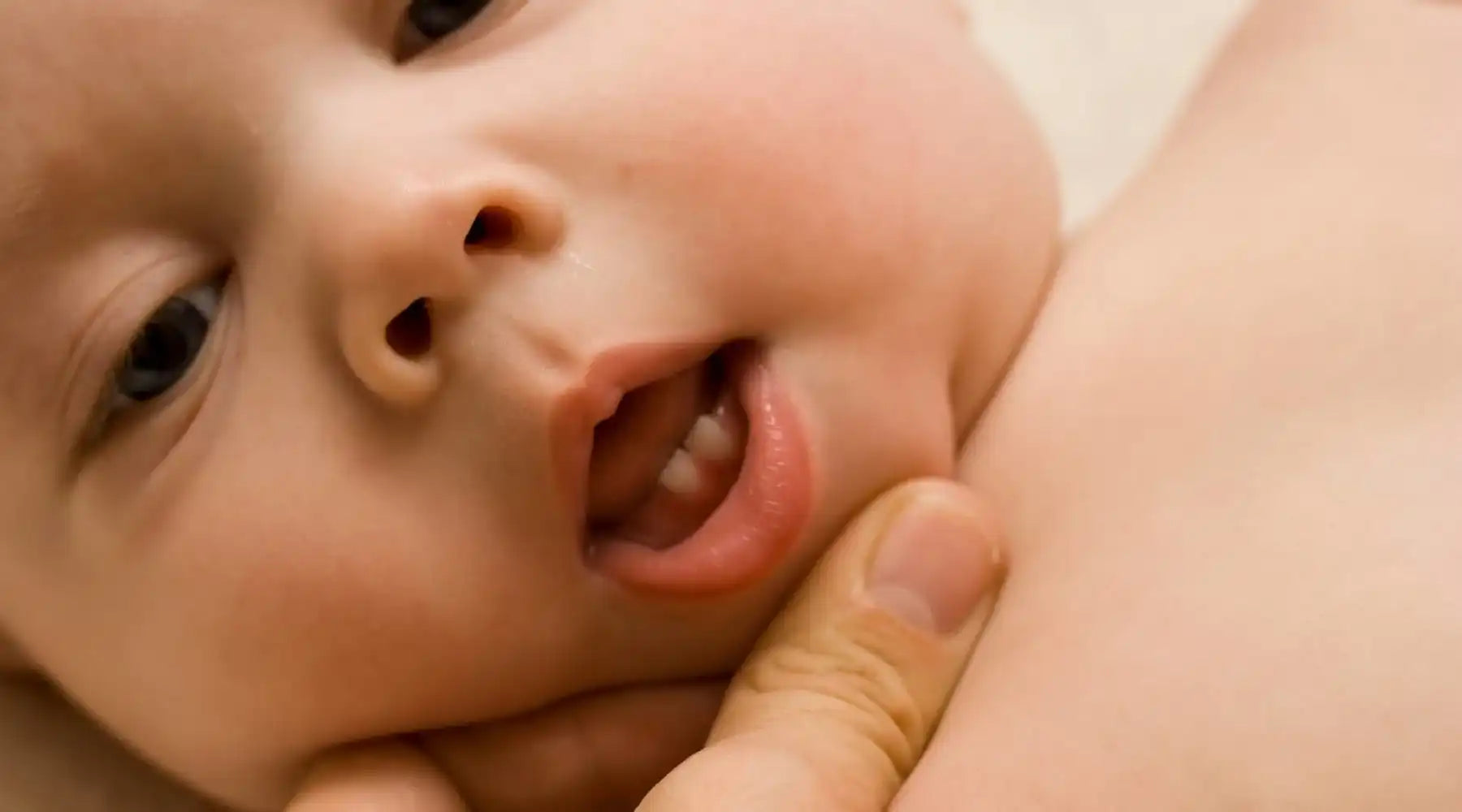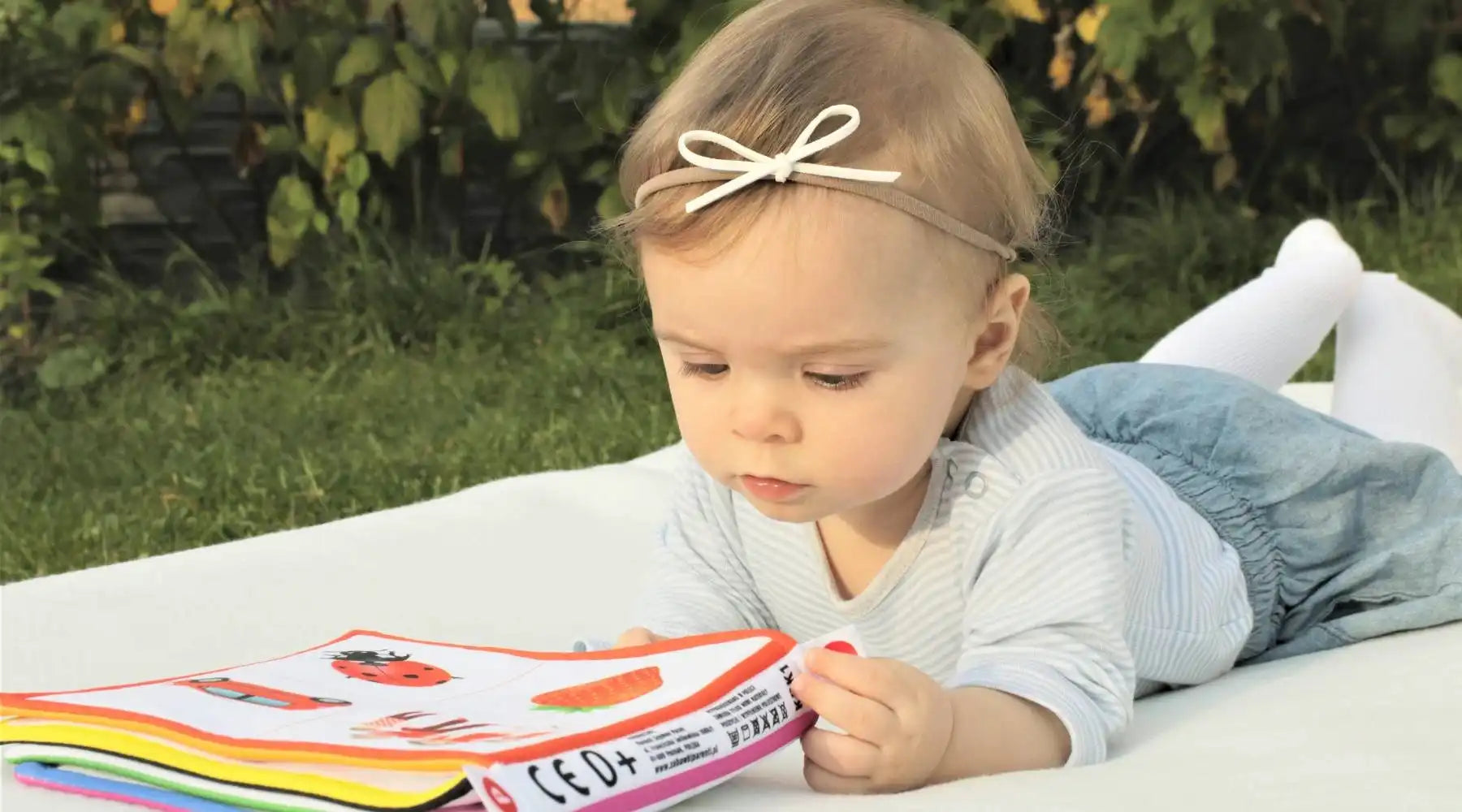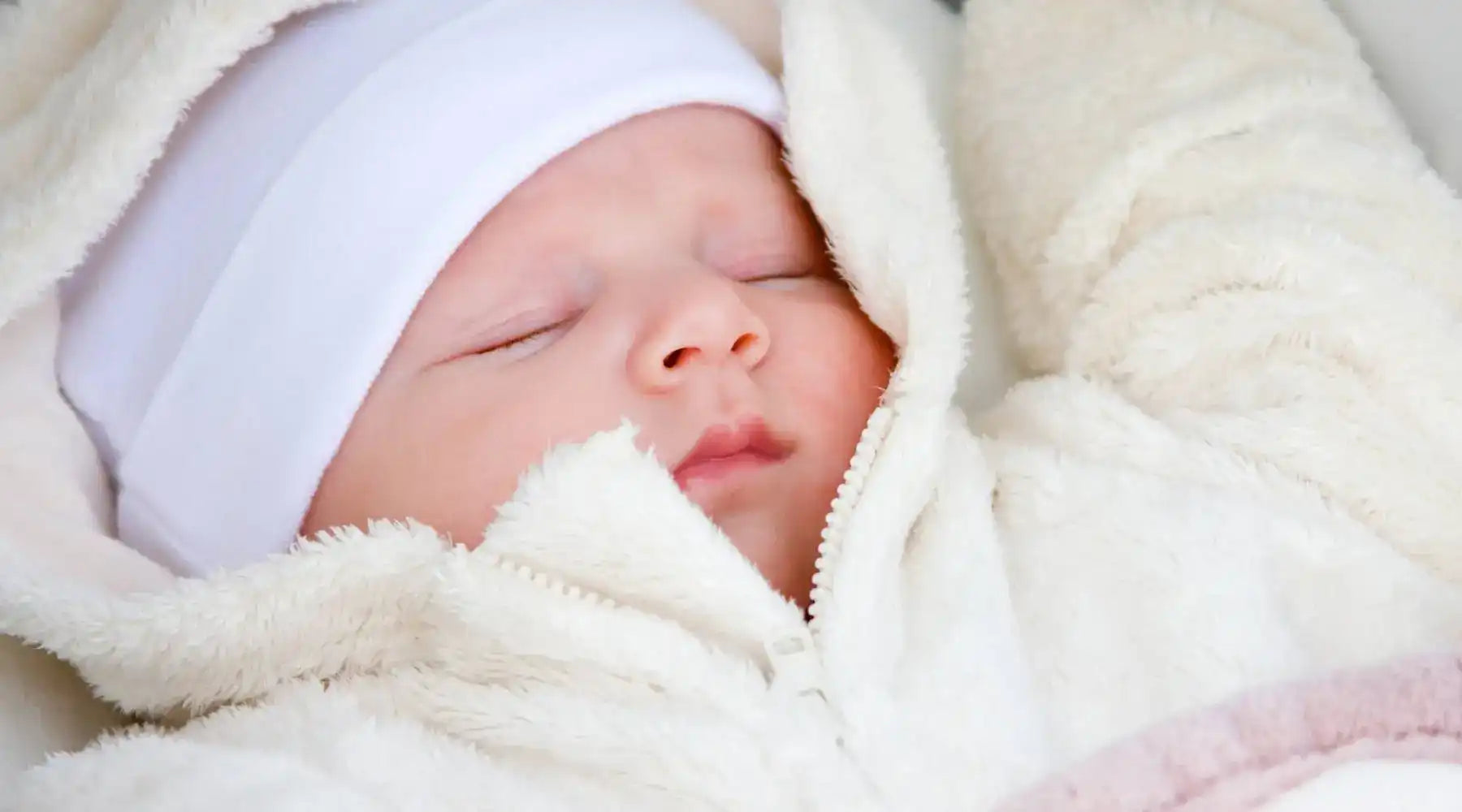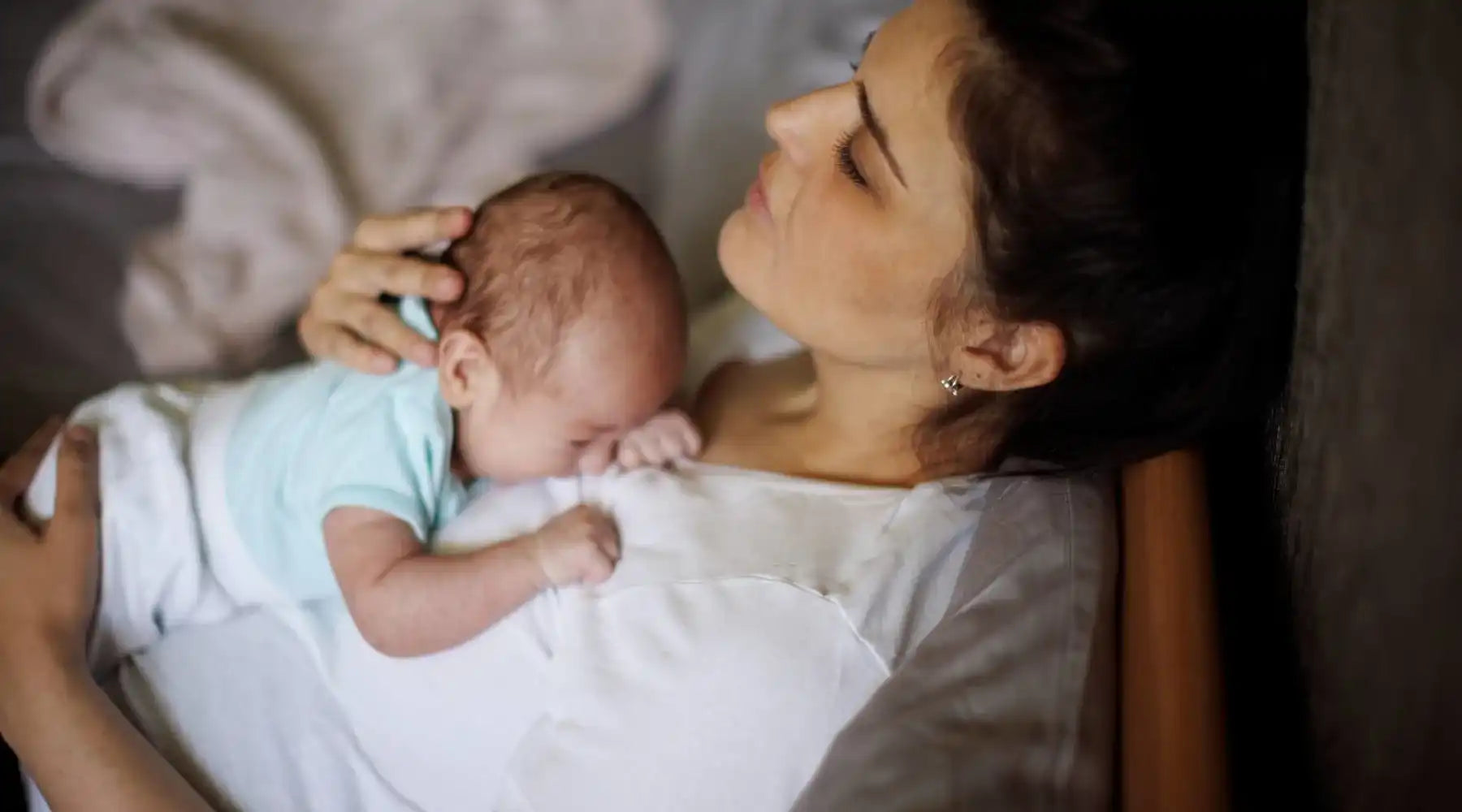How can I discipline without yelling?
Yelling often makes children defensive and less likely to listen. To discipline without yelling:
- Lower your voice—kids often pay more attention when you speak calmly.
- Use natural consequences, like putting toys away if they’re thrown.
- Redirect behavior toward a safe or appropriate alternative.
- Praise positive actions so your child knows what to repeat.
- Stay consistent—children thrive when rules and expectations don’t change.
This approach teaches respect and self-regulation while keeping the parent-child relationship strong.
What are effective consequences that aren’t harsh?
Effective consequences should teach responsibility without fear or shame. Examples include:
- Natural consequences: If a toy is left outside and gets wet, your child learns to bring it in.
- Loss of privileges: Turning off the TV after unkind behavior.
- Repair actions: Encouraging your child to apologize or help fix something they broke.
The goal is to connect the consequence directly to the behavior so children learn accountability in a constructive way.
How do I use positive reinforcement effectively?
Positive reinforcement means praising and rewarding the behaviors you want to see more often. Instead of vague praise like “Good job,” be specific: “I love how you shared your toy with your sister.” Sticker charts or small rewards can help with younger children, but consistency and genuine encouragement matter most. Catching your child being good—whether it’s playing nicely, using kind words, or showing effort—helps shape behavior more effectively than focusing only on missteps.
